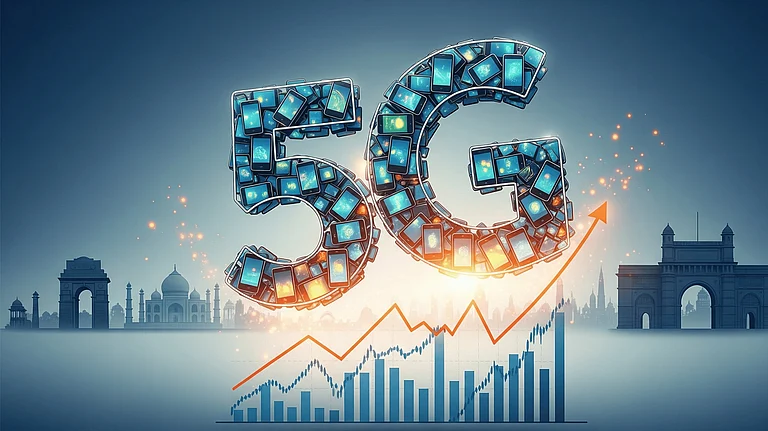Sam Altman downplays Elon Musk’s criticism on X amid public AI rivalry.
Microsoft integrates GPT-5 into 365 Copilot, GitHub Copilot and enterprise tools.
User backlash prompts OpenAI to restore GPT-4o access for Plus subscribers.
xAI’s Grok 4 claims superiority; informal tests and social skirmishes continue.
Altman Shrugs Off Musk’s GPT-5 Jabs as Microsoft Rolls Out Model Across Its Suite
Sam Altman dismisses Elon Musk’s criticism of GPT-5 as Microsoft embeds the model across its products; OpenAI faces user pushback over retired legacy models and restores limited access
OpenAI CEO Sam Altman on Friday downplayed Elon Musk’s criticism of the company’s new GPT-5 model, saying he “doesn’t think about him that much,” even as Microsoft began integrating GPT-5 across its products and social-media skirmishes kept the public feud in the headlines.
The exchange comes amid user frustration over the retirement of older OpenAI models and a highly public contest of capabilities between frontier AI systems.
Altman’s blunt dismissal, “I don’t even know what that means,” he told CNBC when asked about Musk’s comments, followed Musk’s posts on X claiming his xAI model Grok 4 outperforms GPT-5 and predicting OpenAI will “eat Microsoft alive.” Microsoft CEO Satya Nadella responded by welcoming competition, calling the race to build capable AI “the fun of it” and expressing openness to multiple entrants on platforms such as Azure.
Microsoft Integration
The timing of the spat coincided with Microsoft’s announcement that GPT-5 would be embedded into Microsoft 365 Copilot, GitHub Copilot and other enterprise tools, a move that significantly broadens the model’s reach. OpenAI has begun rolling out GPT-5 to ChatGPT Plus, Pro and Team tiers across web, mobile and desktop, with Enterprise and Education access following shortly.
The rivalry has played out in public tests as well: earlier this week OpenAI’s o3 model defeated xAI’s Grok 4 in a chess-style tournament of general-purpose AIs, a symbolic, if informal, measure of relative strengths. The contest and social-media barbs have kept attention on model benchmarks and product integrations rather than purely academic comparisons.
User Backlash
GPT-5’s arrival sparked significant pushback from long-time ChatGPT users angered that older models such as GPT-4o and GPT-4.1 were removed for free users when GPT-5 became the default.
Many users said GPT-5, while stronger on technical tasks, lacked the conversational tone and creative nuance they relied on from previous models. In response to that outcry, Altman said OpenAI will restore GPT-4o access, but only for Plus subscribers, while Pro, Team and Enterprise customers can already toggle “show legacy models” in settings.
The public tension between Altman and Musk dates back to OpenAI’s founding and subsequent split over the company’s structure and strategy. The rivalry has included lawsuits, takeover attempts and repeated social-media criticism. At the same time, Microsoft, a major OpenAI backer and distribution partner, is renegotiating aspects of its relationship with the start-up, a broiling commercial and strategic subplot to the product announcements.
Altman framed GPT-5 as a step toward more agentic AI, systems that do tasks for users rather than just answer questions, while also stressing safety and reliability improvements. OpenAI has positioned GPT-5 as more accurate and less prone to hallucination than its predecessors, and has offered tiered access and higher usage caps for paying subscribers.

